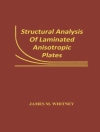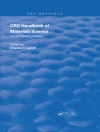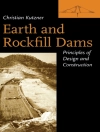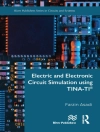R In the companion book (Continuum Mechanics Using Mathematica )to this volume, we explained the foundations of continuum mechanics and described some basic applications of ?uid dynamics and linear elasticity. However, deciding on the approach and content of this book, Continuum Mechanics: Advanced Topics and Research Trends, proved to be a more di?culttask.Afteralongperiodofre?ection, wemadethedecisiontodirect our e?orts into drafting a book that demonstrates the ?exibility and great potential of continuum physics to describe the wide range of macroscopic phenomena that we can observe. It is the opinion of the authors that this is the most stimulating way to learn continuum mechanics. However, it is also quite evident that this aim cannot be fully realized in a single book. Consequently, inthis book wechoseto presentonly thebasicsofinteresting continuum mechanics models, along with some important applications of them. We assume that the reader is familiar with all of the basic principles of continuum mechanics: the general balance laws, constitutive equations, isotropygroupsfor materials, the laws of thermodynamics, ordinarywaves, etc. All of these concepts can be found in Continuum Mechanics Using Mathematica and many other books. We believe that this book gives the reader a su?ciently wide view of the “boundless forest” of continuum mechanics, before focusing his or her attention on the beauty and complex structure of single trees within it (- deed, wecouldsaythat Continuum Mechanics Using Mathematica provides only the fertile humus on which the trees of this forest take root!).
Spis treści
Nonlinear Elasticity.- Micropolar Elasticity.- Continuous System with a Nonmaterial Interface.- Phase Equilibrium.- Stationary and Time-Dependent Phase Changes.- An Introduction to Mixture Theory.- Electromagnetism in Matter.- to Magnetofluid Dynamics.- Continua with an Interface and Micromagnetism.- Relativistic Continuous Systems.












